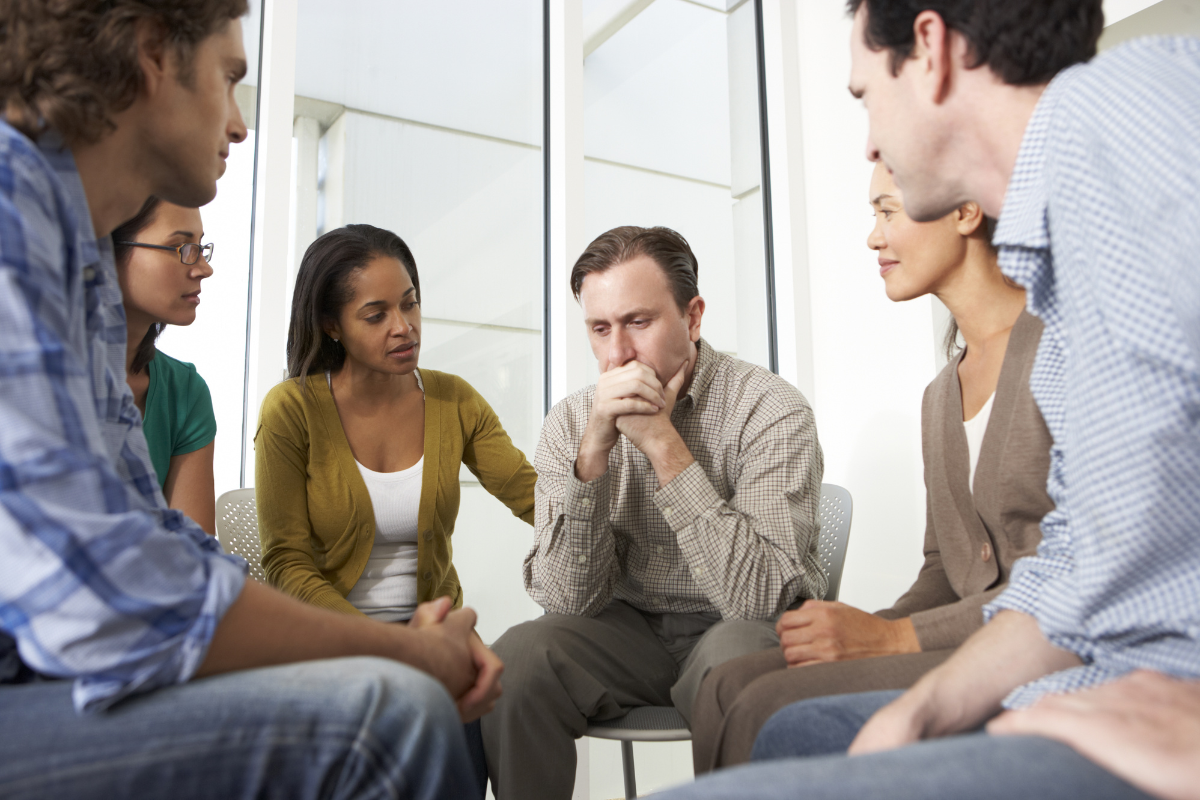We don't always know what to do when someone close to us is feeling emotionally unwell. Sometimes, the only thing we notice is that something has changed: they don't smile as much, they withdraw into themselves, they avoid conversation, or everything seems to be an effort. Often, as family members or friends, we feel helpless and don't know how we can help.
Depression isn't always visible. Sometimes it shows up as irritability, apathy, insomnia, lack of energy, or persistent fatigue. The environment, stress at work, academic pressure, and family problems can all be silent triggers. Yet the same environment can become a source of support if we act with empathy and patience.
In the book Healthy Mind, psychologist Julián Melgosa offers a valuable reminder: although we cannot cure another person's depression, we can make a big difference in their recovery process. We don't need to be experts, just be present—listen without judging and encourage with kindness.
The author highlights how healthy relationships have healing power. A study conducted at the University of Warwick1 shows that having trusted friends can halve the likelihood of suffering from depression and double the chances of recovery. In other words, our company matters more than we think. Sometimes, the most meaningful things are the small details, like a message asking “how are you?” or a walk outdoors.
What can you do?
Listen, don't minimize their feelings, encourage them to seek professional help, maintain a healthy routine together, foster calm spaces, and remember, with love, that there is hope. Depression is treatable, and love, when expressed with care, is one of your most powerful allies.
If you would like to learn more about this topic, you can purchase the book Healthy Mind by psychologist Julian Melgosa through SafelizWellness.com.
1 Hill, E. M. et al. Spreading of healthy mood in adolescent social networks. Proceedings of the Royal Society B, 282: 20151180 (2015)



















